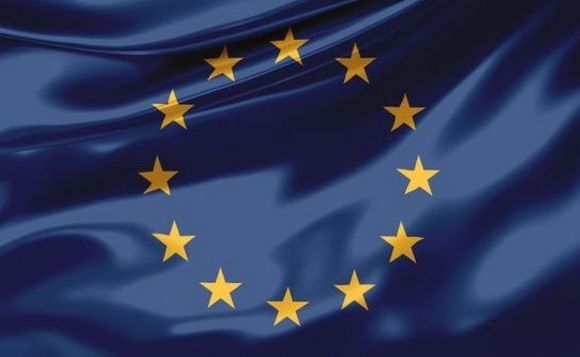
EU to boost Social Entrepreneurship Funds

The European Commission has proposed an initiative to stimulate and stabilise investments in social businesses across the EU, in order to drive sustainable economic growth. Anneken Tappe reports
The EU Commission's proposed regulation of European Social Entrepreneurship Funds (EuSEFs), published in December 2011, aims to construct a stable framework for funds focusing on social businesses for the vast majority of their investments.
The proposal loosely defines a social business as an enterprise with a social or ethical impact or motivation, as opposed to maximisation of capital. Profits should be re-invested, otherwise returns to investors should be minimal.
The initiative tries to bridge the gap between for-profit and not-for-profit schemes; as social investments lead to low capital growth and low dividends, they do not necessarily fit either classification. By creating a ‘brand' and a harmonised regulatory framework for EuSEFs, the Commission hopes to abolish the current hurdles for fund managers interested in social and ethical ventures. Venture capitalists are already rather active in the sectors targeted by EuSEFs.
"The regulations set out to do two things: establish a European label for social investment funds and provide a passport system, like the AIFMD does. However, funds that would grow bigger than €500m would have to comply with the AIFMD: they would not lose the passport, but the label. The Investment Management Association (IMA) believes bigger funds should keep the label, otherwise it would penalise the successful ones," says Julie Patterson, director of authorised funds and tax at the IMA.
The major hurdle such funds are facing at the moment is the difficulty of raising capital. Traditional bank loans require collateral that is not available to these schemes, relating to the complicated risk assessment of investing in social businesses. The EU proposal also aims to address the issue of appropriate information for potential investors, pressing for a harmonisation of information rules regarding impact, investment strategy and success assessment to encourage institutional commitments to EuSEFs. Finally, the Commission is looking to tackle the issue of expensive cross-border fundraising, which discourages engagement in funds that are not returns driven - hence the proposed inclusion of a passport program similar to those implemented under the AIFMD and the EU Action Plan on venture capital.
Tax benefits for investors in EuSEF schemes could be a way to offset the minimal capital growth and still encourage commitments. Suggested incentives are exemptions from income, capital gains and transaction taxes, and an exemption from VAT on any management services. Such incentives, added to a defined social investment scheme, have the potential to stimulate investments in social businesses across the European Union. IMA notes that there are around 100 green or ethically-oriented funds in the UK to date.
"The IMA is welcoming the basic concept of the proposal; it is a sensible step forward," continues Patterson. But she warns about unnecessary burdens: "The regulations for European Social Entrepreneurship Funds and European Venture Capital Funds are identical apart from the underlying assets of the two types of funds - but under the EuSEF provision, funds would be facing some additional disclosure requirements."
Meanwhile Derchert's Financial Services Group notes that despite the potential positive social impact, the introduction of EuSEFs adds a fourth regulatory restriction specific to investment funds besides UCITs, NURS (non-UCITs retail schemes) and AIFMD.
Latest News
Stonehage Fleming raises USD 130m for largest fund to date, eyes 2024 programme
Sponsor acquired the public software group in July 2017 via the same-year vintage Partners Group Global Value 2017
Stonehage Fleming raises USD 130m for largest fund to date, eyes 2024 programme
Czech Republic-headquartered family office is targeting DACH and CEE region deals
Stonehage Fleming raises USD 130m for largest fund to date, eyes 2024 programme
Ex-Rocket Internet leader Bettina Curtze joins Swiss VC firm as partner and CFO
Stonehage Fleming raises USD 130m for largest fund to date, eyes 2024 programme
Estonia-registered VC could bolster LP base with fresh capital from funds-of-funds or pension funds








